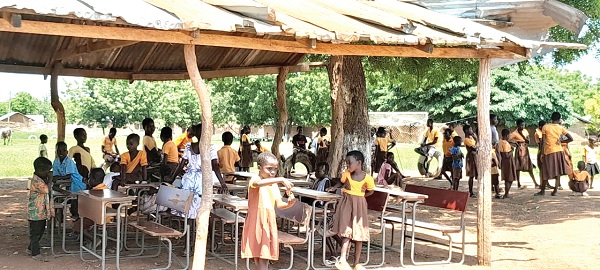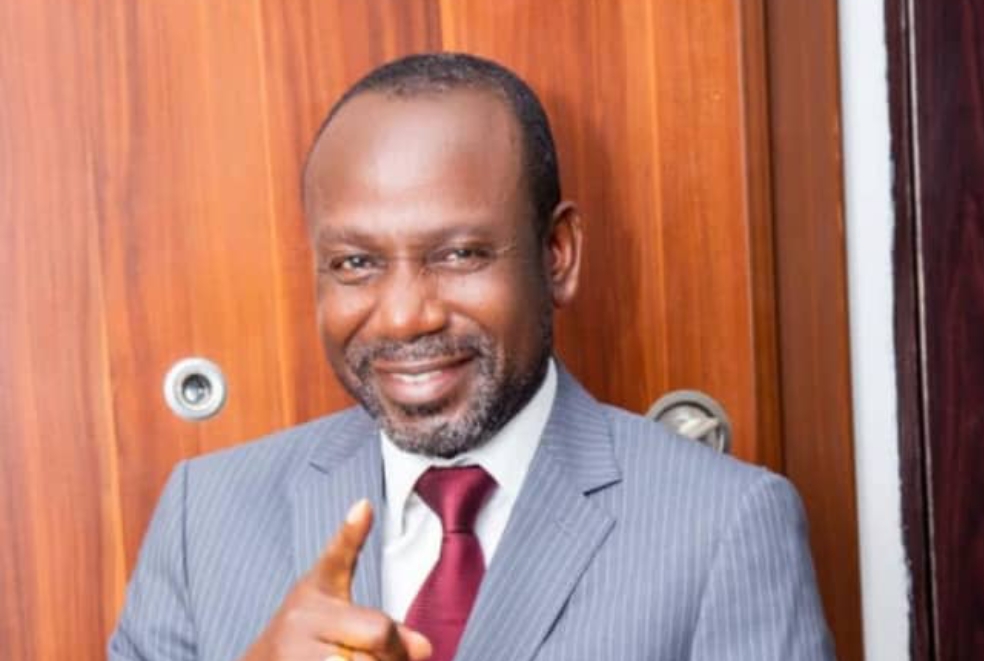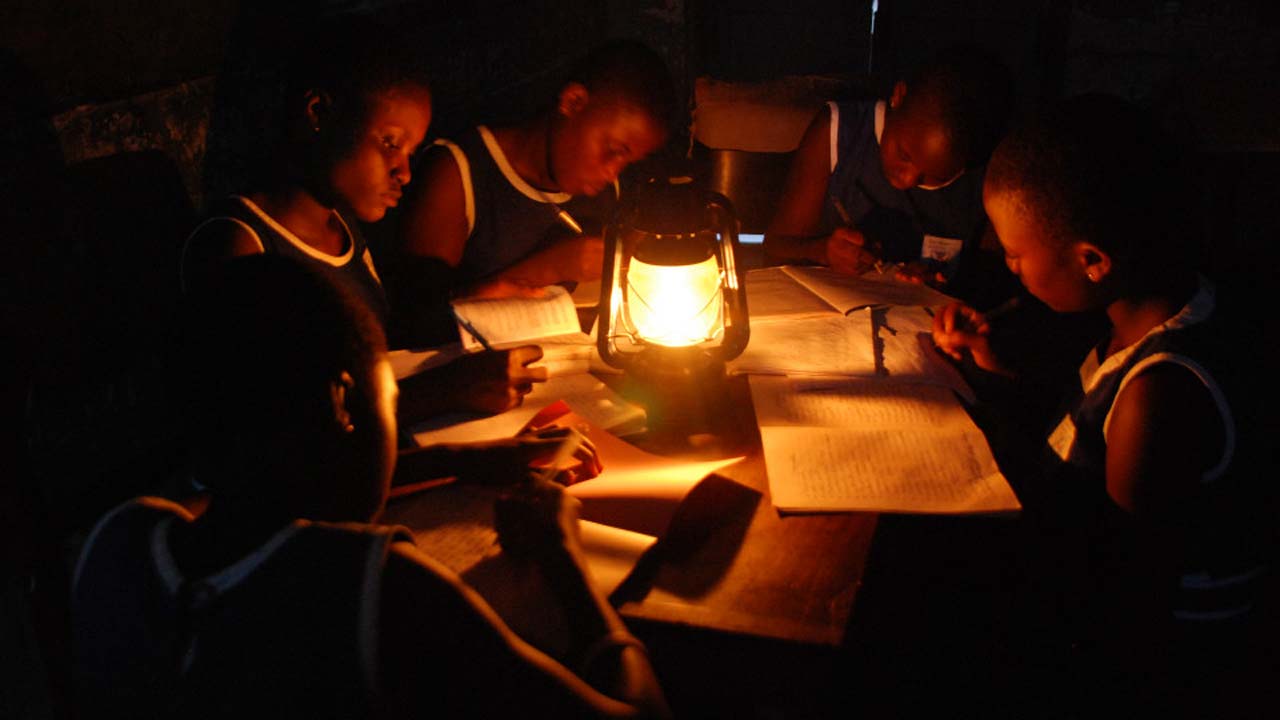
The Educate Africa Institute (EAI), an education think tank coalition has discovered that the next government cannot continue the Free SHS policy implementation due to some weighty financial indiscipline and problems.
Honestly, the Free SHS has improved enrolment and secondary schools have risen from 55.4% in 2017 to 62% in 2020 and grateful for the Free SHS policy. However, the policy lacks quality and equity in its nature. There are no proper materials to support teaching and learning.
Sequel Indicators:
The challenges in implementing the Free Senior High School policy in Ghana include inadequate infrastructure, inadequate funding, unstable school calendar, and increased teachers’ workload.
However, the International Monetary Fund (IMF) has described the government’s flagship Free SHS Senior High School (SHS) program as poorly targeted. The Fund made this observation in its latest country report on Ghana, whose request for a $3 billion bailout it recently approved was published on 22nd May 2023. The World Bank has taken the lead in reviewing the policy per the response of Ghana’s former finance minister, Ken Ofori Atta, and President Akufo Addo. So the current government led by Nana Addo-Bawumia knows that the policy is dead and is just bragging about it for campaign purposes. They’re waiting for the next government to make it official for another political pantomime.
Alternatively,
EAI is contending for the intermission of the free senior high school policy implementation now if it does not have the financial stability to cushion and sustain its execution. We believe the government should implement a cogent scholarship scheme to cater to the needy and allow the rich to pay for the meantime. And when parents and learners begin to pay then we cannot continue to call it Free Senior High School anymore. Free means something obtainable without any payment. Ghana will reverse to the usual Senior High School. Considering the indicators, EAI will prefer that to the detrimental education we are seeing now.
This proposed scholarship scheme will decrease the financial burden on the government and rescue the basic schools (early childhood, primary, and JHS). Mind you, basic education is the foundation and bedrock of our education system as well as teaching and learning, but budgetary allocation to the sector has declined since the introduction of the Free Senior High School policy. And this is very dangerous to the fortunes of this and next generation. Extracurricular activities like music and dance, field trips, sporting activities, etc. are put on hold because the government has failed to release capitation grants for more than terms. School feeding has come to a halt and it is disturbing.
Besides, many parents are willing to pay but the government is pretending as if everything is in order. Meanwhile, students are indirectly eating unreasonable foods which could affect their lifespan. Some are developing abdomen ulcers and all that.
Hon. Ken Ofori-Atta, the current Finance Minister stated way back in 2018 that the free SHS program should not be implemented in its wholeness, because he knew that he and his government are not financially disciplined to make it work properly.
We know that Ghana is rich but her political parties are suffocating and robbing the wealth anyhow. They can do it but their selfishness would not allow them. Our concern has to do with the quality and quantity. These students must complete and be able to create their world or meet the job market standards but there is no assurance. Headteachers are afraid to talk about the situation.
According to GNAT
“Teachers have to mark homework for students numbering about 70 to 80 daily at the basic level,” and he lamented that the 15 percent budget allocations to basic schools are woefully inadequate.
The confronting issues encircling the Free Senior High School are the ineptitude to carry out the policy as planned due to a lack of facilities, and a lack of teaching and learning.
EAI dares the Ghana Education Service and the Ministry of Education to ensure that educational problems are under acceptable supervision. According to a 2023 report by the Ghana Education Service on 20th October 2023, there are an estimated 2,417 schools under trees in Ghana. Of these schools, 1,167 are primary schools, 989 are junior high schools, and 261 are kindergartens. But EAI is contesting that there are 5,403 schools under trees.
The policy was rushed in its implementation so it is not serving its purpose and the foundation of the school system in Ghana is also collapsing.
Some challenges uncovered:
- Lack of Teaching and Learning Materials (audio/visual) and a serene environment that is supposed to enhance effective teaching and learning.
- 93.7% of schools especially those in the rural areas don’t have computers and internet access. And, so they are teaching and learning Information and Communication Technology on chalkboards.
- There are 5,403 schools under trees and in dilapidated structures with 2,417. The northern region has 304 schools under trees and 229 deplorable structures. And, over 7,000 pupils lack furniture in the Bunkpurugu-Nakpanduri district, Northeast region.
- 97.2% of teachers are psychologically molested and wobbling in poor conditions of service.
- The teacher unions that are expected to advocate for the well-being of teachers are only interested in monthly dues and mutual fund increments.
- The government has well-trained professional teachers to be silent on the issues. Due to that, they are too cowardly to complain to the media just to protect their jobs and scanty monthly salaries.
- The government has yet to settle an amount of GHC315 million Capitation Grant Arrears.
- School children are being forced to pay electricity and water bills.
Proposals:
- The government must provide all educational needs to ensure quality education.
- It is time to polish and localize our educational curriculum holistically with serious technical and vocational skills.
- The concentration should not be on those in the cities alone. We must widen the scope.
- Depoliticize Ghana’s educational policies, activate the national policy and avoid party manifestos.
- The government must relegate the missionary schools to the churches.
- COCOBOD and other scholarship schemes must be awarded to needy children etc.
It is not too late. Ghana first.
Signed
William Boadi
Executive Director of Educate Africa Institute (EAI), Educationalist, Political analyst, and Social Worker.
+233541935106.
EAI: Promoting Quality Education and Ensuring Social Justice.




